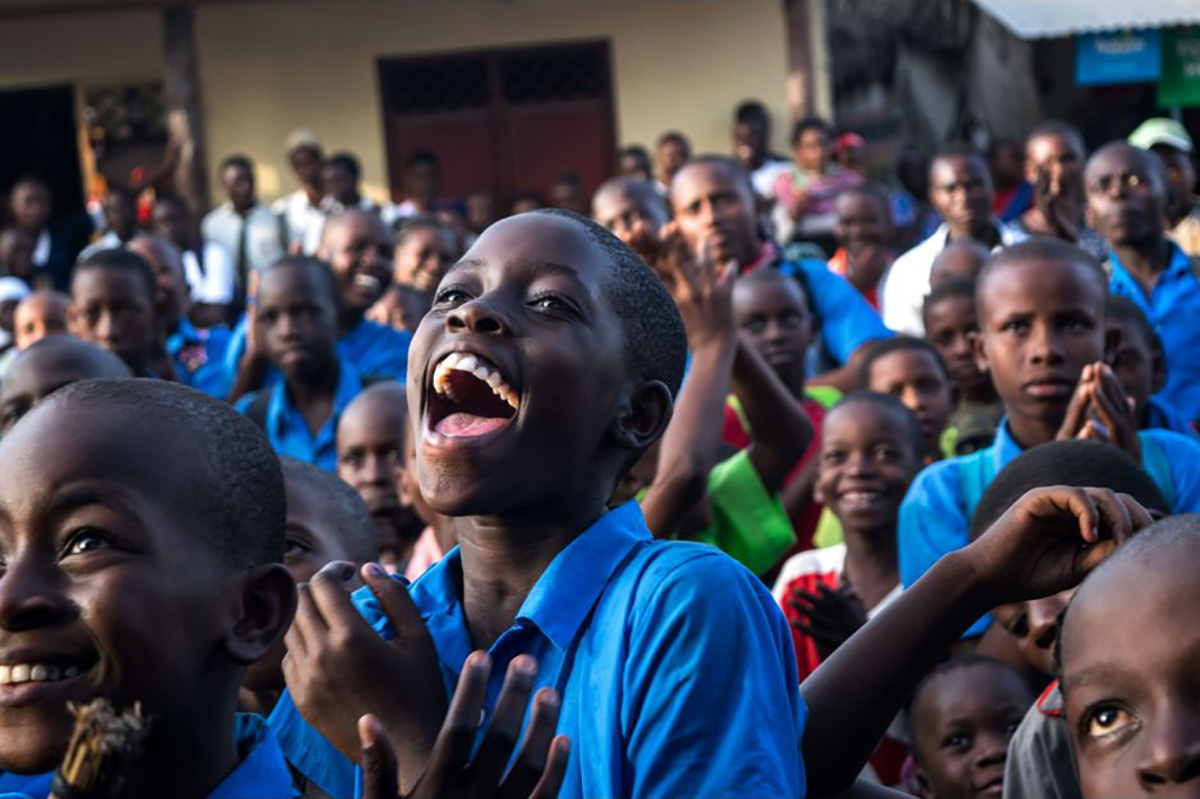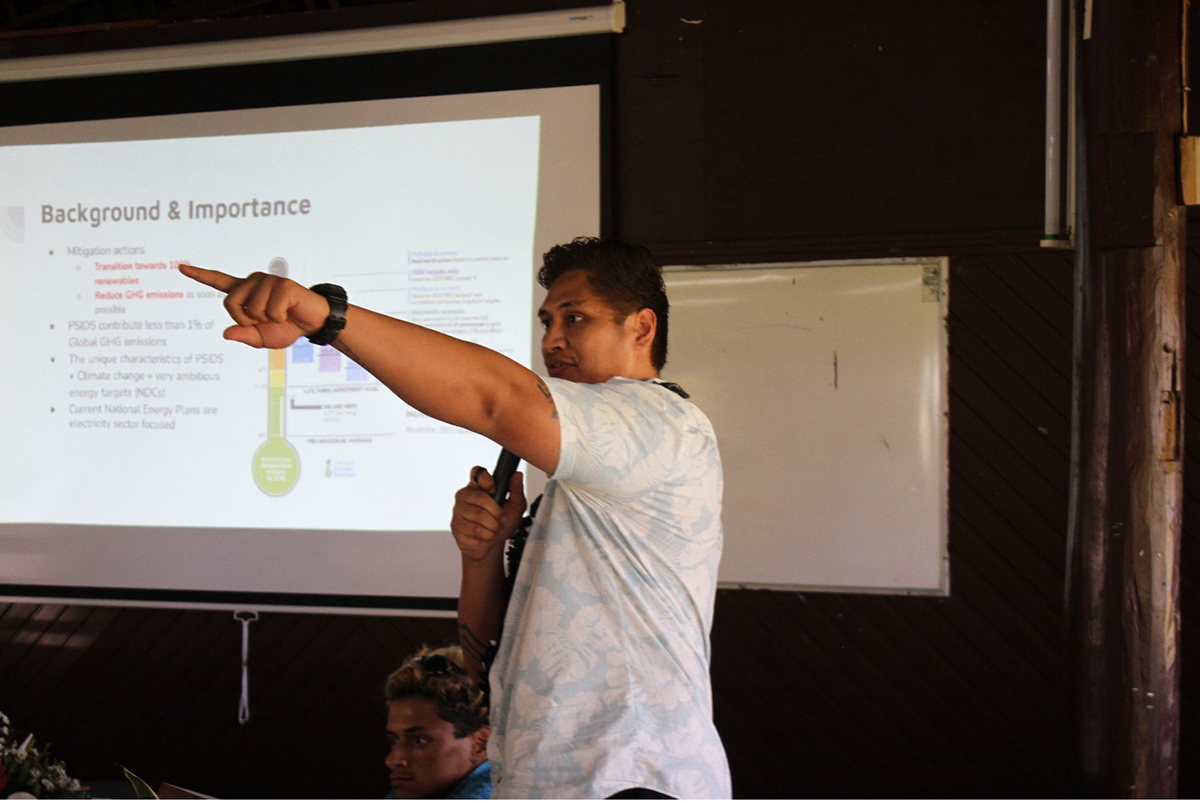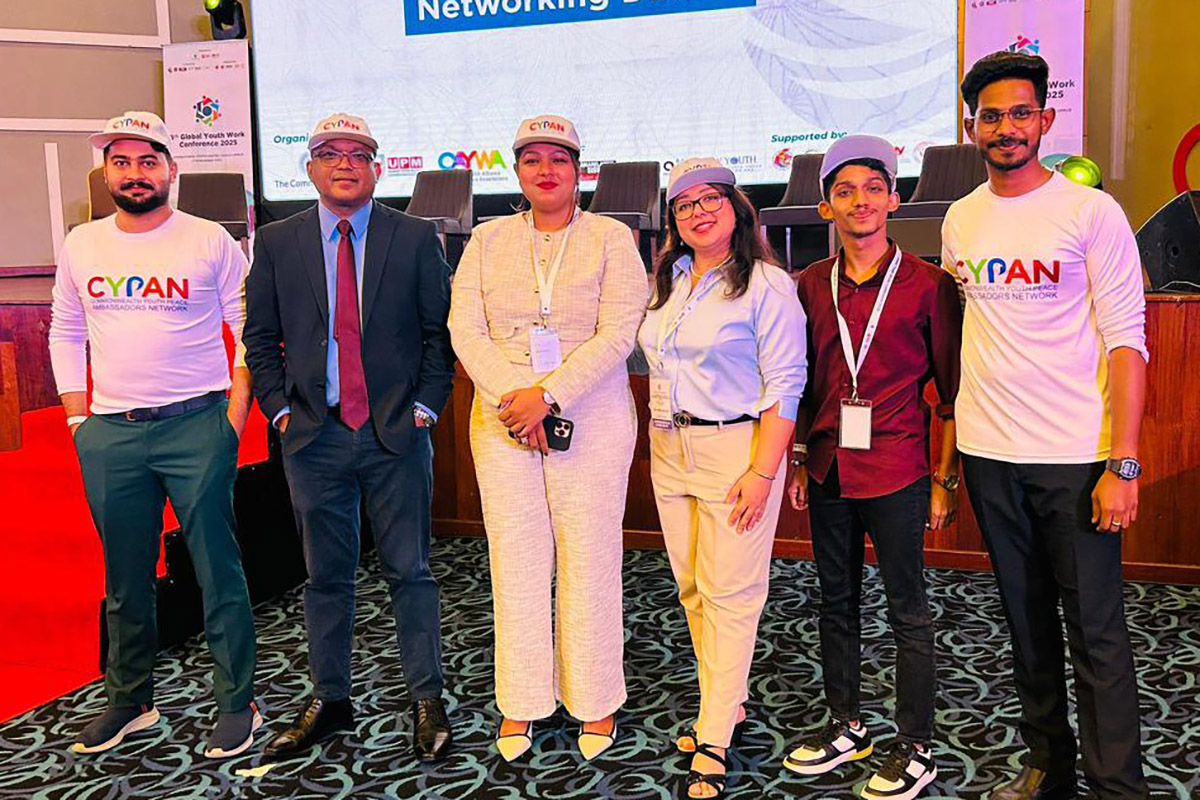Education for Peace and Prosperity in Africa
February 18by Lilian Efobi
Education is a human right, a public good and a public responsibility. In December 2018, January 24th was announced by the United Nations General Assembly as the International Day of Education. The adoption was meant to be a declaration of the role that education plays in peace and development. Subsequently, this day has been celebrated annually and this year, the aim is to drive the focus of education as a tool for lasting peace globally.
Without inclusive and equitable quality education and lifelong opportunities for all, countries will not succeed in achieving gender equality and breaking the cycle of poverty that is leaving millions of children, youth and adults behind.
Today, 250 million children and youth are out of school, and 763 million adults are illiterate. Their right to education is being violated and it is unacceptable. It’s time to transform education. The importance of attaining SDG 4 is very crucial as evident in the African Union tagging the year with the theme: Educate an African fit for the 21st Century: Building resilient education systems for increased access to inclusive, lifelong, quality, and relevant learning in Africa. Globally, education is in deep crisis, and progress towards the attainment of SDG 4 is not encouraging.
Addressing the global education crisis will requires TOTAL COMMITMENT, SACRIFICE and COLLABORATION.
Africa weighs heavier than other continents in the gaps towards achievement of SDG4 objectives, with an Out of school global estimate of 98 million.
The learning poverty rate, i.e. the share of children who cannot read a simple text with comprehension by age 10 was the highest in sub-Saharan Africa before COVID-19 pandemic, at 86%. This rate is likely to have worsened after the pandemic, estimated now at 90%. This means that nine out of ten children cannot read a simple text with comprehension by age 10. This subsequently means that Africa will require two times its numbers of teachers to achieve the universal primary and secondary education by 2030.
Another focal area, affecting education in Africa is the challenge faced by Girls from underserved communities, children with disabilities, and internally displaced children in accessing quality education. Teacher shortages and increased attacks on schools are not exempted. There is an urgent need to strengthen peace education and cultivate a culture of peace and tolerance at all levels of education; formal, informal and non-formal. These systemic challenges range from early childhood education, through primary and secondary education, technical and vocational education, and training to tertiary and higher education levels.
The COVID-19 pandemic exacerbated the limitations of the current education models at all levels, compounding inequalities in education and squarely threatening to set back decades of progress, albeit insufficient, in Africa.
In this context, if nothing is done to transform and revitalize education in Africa, the achievement of the Continental Education Strategy for Africa (CESA7 2016-2025), SDG 2030 and the AU Agenda 2063 is compromised. Without swift, well-coordinated remedial action, the targets for reducing learning poverty in Africa will not be met. The consequences for children and society will be devastating, with long-term negative effects on children’s life outcomes, including their learning, health (physical and mental), nutrition and socioeconomic development.
Progress in Education has a far-reaching impact on all the other aspects of human capital development. The large population of young people in Africa is a powerful source of economic growth and progress, provided it receives quality education and skills for the 21st century job opportunities. Investing in Education is thus, the most effective investment for peace and prosperity in Africa, stronger economies, good governance, reduced communal conflicts, the fight against poverty, reducing gender inequalities, enabling people to survive and thrive and helping to improve socioeconomic development.
The African child must be empowered with the necessary knowledge, values, attitudes and skills and behaviours to become agents of peace in their communities.
Financial and digital education should also be incorporated in the curriculum for learners to enable learners who are unable to further their studies, have life skills to earn a living. This in turn will tackle unemployment and reduce other vices such as crime, cultism, banditry and more. In the zeal for education for lasting peace and building an African fit for the 21st century, the African Union heads of states should work together to reform the African educational sector by contextualizing the gains of western education with our traditional educational system and values.
In celebration of International Day of Education, there are several ways individuals can contribute in ensuring that every child has access to quality education, which is a life changing opportunity; donate or volunteer with a school or organisation providing free learning for children in your community, share the stories of children whose lives has been impacted positively by education, especially, children displaced by conflict.






